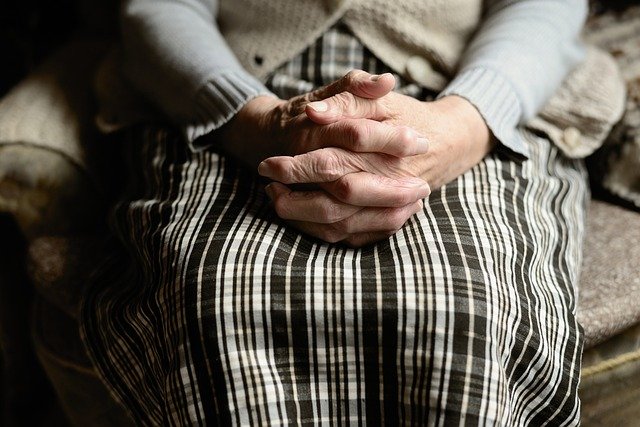Dealing With Aging Related Depression
According to Johns Hopkins about 15% of older adults suffer from some form of depression. As several of the symptoms of depression mirror other common aging ailments this means that older adults often do not seek treatment. Symptoms such as fatigue, confusion, headaches and memory loss are not uncommon in older individuals, but all can be signs of depression. (https://www.hopkinsmedicine.org/health/wellness-and-prevention/age-related-depression-mood-and-stress).
Getting older can be a challenging phase in a person’s life as things start to change notably. Our health becomes more of a concern and things that used to be constants in our lives start to slip away. We increasingly face loss as we get older and subsequently life can seem much harder. It is therefore not surprising that depression can sneak into our lives. The important thing is recognizing its presence and finding ways to deal with the depression.
Vascular Depression
According to the National Institutes for Health depression in older adults may sometimes have a medical root. As we get older our arteries start to harden which can lead to cardiovascular issues. As these conditions progress there may be issues with the blood and oxygen supply to the brain. This can result in what is known as vascular depression. (https://www.nia.nih.gov/health/depression-and-older-adults#:~:text=Depression%20is%20a%20common%20problem%20among%20older%20adults%2C,may%20cause%20feelings%20of%20uneasiness%2C%20stress%2C%20and%20sadness.).
Vascular depression causes all the symptoms of depression but is caused by a physical potentially treatable condition. Taking care of your cardiovascular health can keep you healthier, decrease the risk of serious illness and alleviate the symptoms of vascular depression.
Dealing with Depression
Psychotherapist Linda Esposito LCSW is an expert in depression and suggests that there are often no quick fixes to the condition. There are, however, ways to help manage depression no matter what age you are. (https://www.psychologytoday.com/us/blog/anxiety-zen/201605/depression-7-powerful-tips-help-you-overcome-bad-moods).
- Do not dwell on things: It is unhealthy to spend too much time overanalyzing situations and setting yourself unrealistic goals. If you have problems, rather than play every scenario out, take small steps toward resolving the problem.
- Focus on your strengths: In older individuals depression may be caused by a feeling of losing your former strength and vigor. This is a natural process and does not lessen you. Rather than worrying about what you can’t do anymore focus on what you still can. Also recognize that you have gained wisdom through life and that too is important.
- Do not live in the past: Memories are a great thing to have but sometimes the bad ones plague our thoughts. Remember that we can not change what is past, we can only influence our futures. So, look toward where you are going and let go of the resentments and sorrows of the past.
Take Control of Your Health
Our emotional and mental health is intricately connected to our physical health. We may be getting older and may not be able to be as active as we once were, but we can still take positive steps.
- Eat healthy meals: When we are younger, we can get away with not eating so well, but as we age, we must pay more attention to diet. A healthy diet will help us avoid developing health concerns which lead us into depression. Concentrate on keeping your body as healthy as you can, and the mind will follow.
- Get exercise: We may not be as active as we once were, but we can still find ways to exercise. It may not be running, aerobics or heavy weights. Instead walking, yoga and swimming as well as other low impact workouts can really help.
Final Thoughts
Keeping active, healthy and adopting a positive outlook towards aging can all have a great impact in staving off depression in later life.






